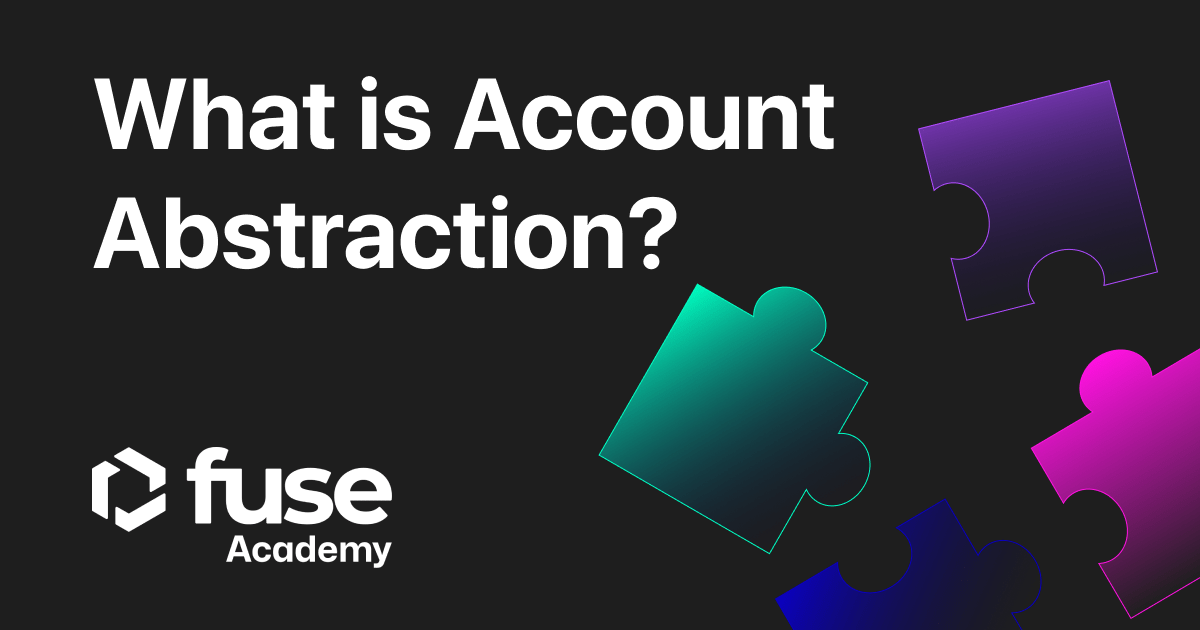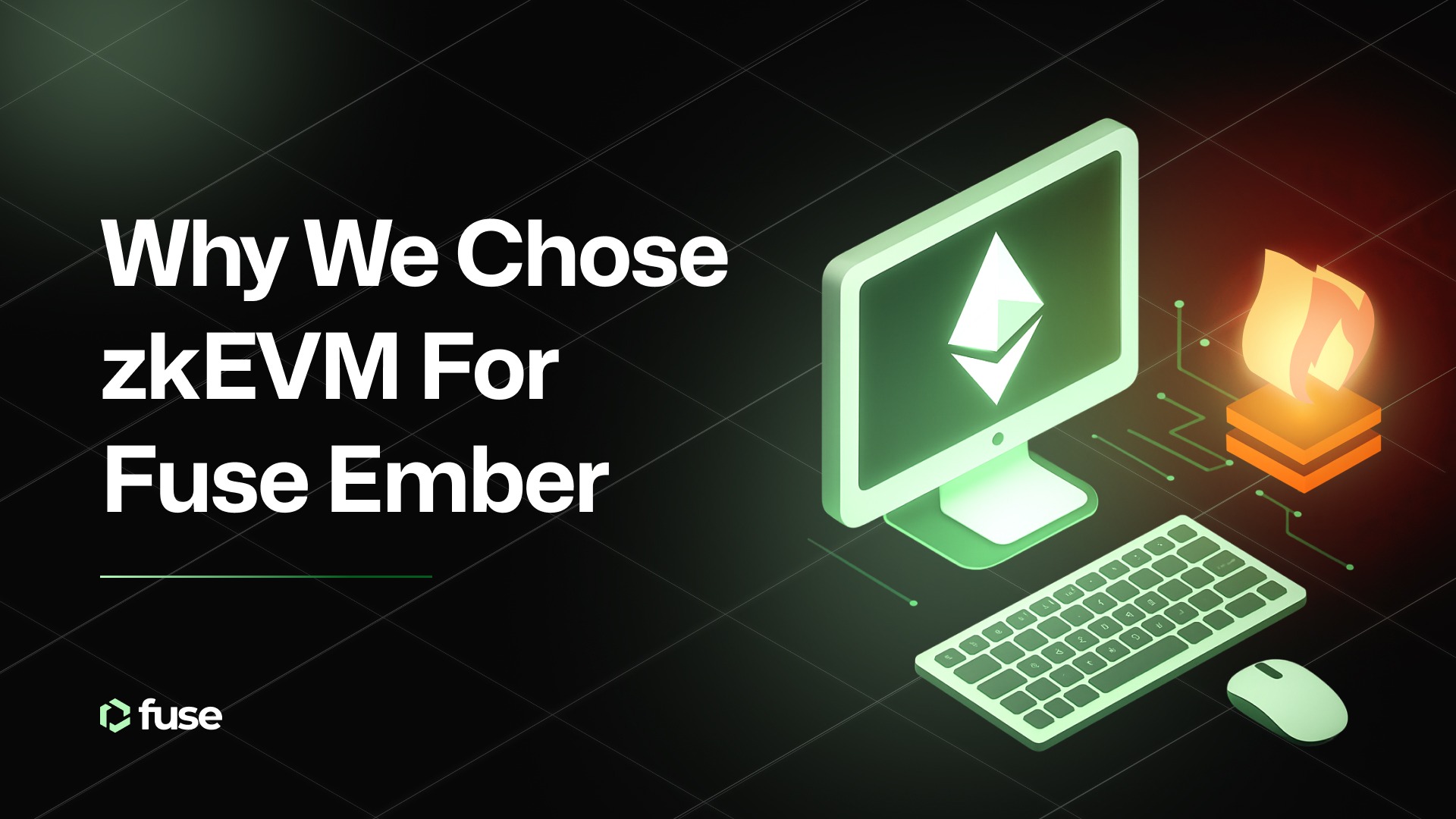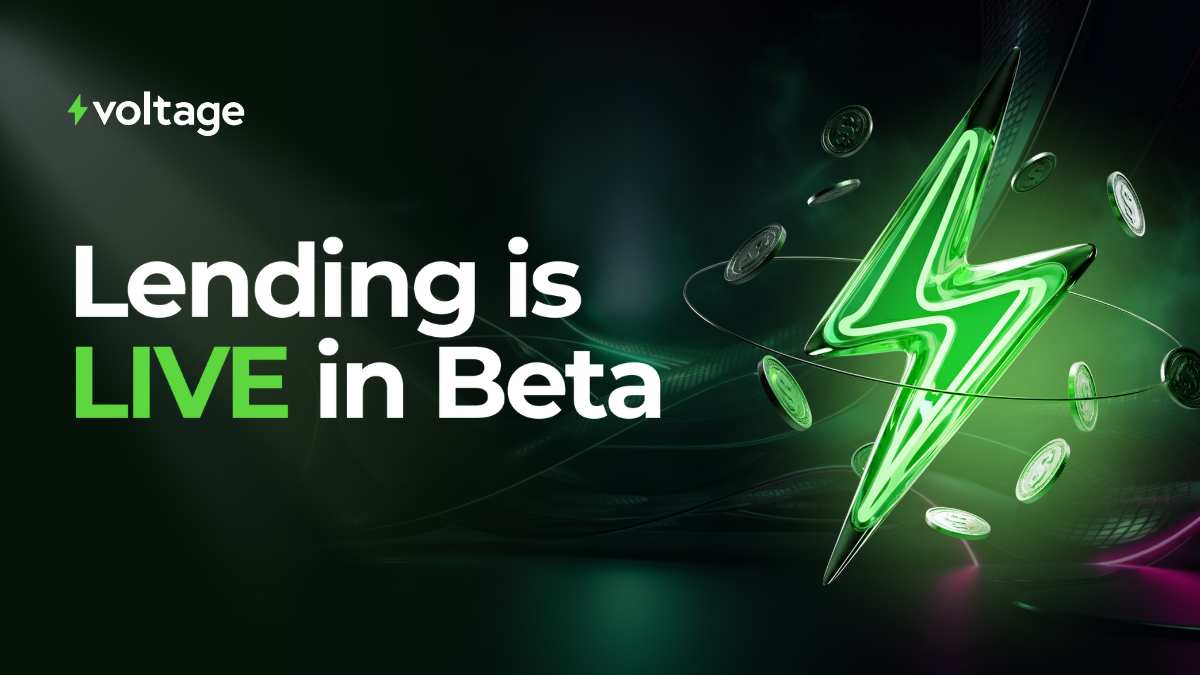Account abstraction is a concept in blockchain technology that allows developers to create smart contracts that can be paid for by someone other than the contract’s user. This means that the contract user does not need to have any cryptocurrency in their account to use the contract.
People are excited about account abstraction because it simplifies the UX for users and opens up paths to many new use cases that can help enhance Ethereum and Fuse and bring decentralized applications to a mainstream audience.
Account abstraction is native to the Ethereum blockchain but is also obtainable on EVM-compatible blockchains such as Fuse. The absolute goal is to create a scenario where new users can onboard into crypto and blockchain applications without needing to learn new behaviors or even have any crypto in their wallet.
According to ethereum.org, account abstraction combines features of the protocol’s two existing account types: Externally owned accounts (EOA) and smart contract accounts. The outcome is a single contract account able to transact with tokens and create contracts simultaneously.
TL:DR
- Account abstraction allows smart contracts to be paid for by someone other than the contract user, eliminating users needing cryptocurrency in their accounts.
- It combines features of externally owned accounts (EOA) and smart contract accounts, creating a single contract account capable of transacting with tokens and creating contracts simultaneously.
- Account abstraction simplifies the user experience and helps onboard new users who may not be familiar with cryptocurrency.
- It enables wallets to perform automatic gas management, transaction batching, and contract interactions while maintaining user control over funds.
- Account abstraction simplifies self-custody, enhances transaction flexibility, and improves privacy and security, driving the adoption of decentralized applications and smart contracts.
- It can potentially bring decentralized applications to a mainstream audience and is considered a game changer for Web3.
Account Abstraction will Drive Blockchain Adoption
Account abstraction can make it easier for people to use smart contracts and help increase the adoption of blockchain technology. By allowing users to pay for smart contracts without having any cryptocurrency in their account, account abstraction can help onboard new users who may not be familiar with or do not have any cryptocurrency.
By abstracting the account, wallets can perform complex tasks like automatic gas management, transaction batching, and contract interactions, all while maintaining user control over their funds. Account abstraction is a significant development, opening new possibilities for user-friendly and powerful decentralized applications (dApps).
An example of account abstraction is a smart contract that allows users to pay for the contract using a credit card or other payment method rather than requiring them to have cryptocurrency in their account. This can make it easier for people to use smart contracts and help increase the adoption of blockchain technology.
According to Chainalysis, emerging markets lead in the grassroots adoption of cryptocurrency. Furthermore, the 2022 Global Crypto Adoption Index shows that Vietnam, India, and Pakistan are the top three countries with the highest cryptocurrency adoption.
One primary reason these countries show the promise of welcoming cryptocurrencies with open arms is their lack of involvement in legacy financial systems and a need to approach digital payment most efficiently and cost-effectively. Arguably, these locations are home to those that crave access to financial services the most, and advances such as account abstraction will only strengthen the offer and streamline user onboarding.
What is Account Abstraction on Fuse?
Account Abstraction has been possible on Fuse Network since 2019, based on the Argent smart contracts, which integrate into the Fuse SDK. Using Fuse’s non-custodial Smart Contract Wallet stack, the network’s account abstraction technology allows developers to create specialized transaction types tailored to specific needs, such as micropayments, loyalty programs, and social media platforms.
While this method achieves the desired outcome, it has several limitations in that the framework doesn’t follow a standard or an ERC, making it hard to use open-source software and follow best practices. At the same time, the code base is hard to maintain regarding smart contracts and backend infrastructure.
More importantly, the current setup has no on-chain mechanism to sponsor gas fees, and relaying is centralized and dependent on Fuse Labs’ infrastructure.
Therefore, in 2023, we propose introducing and implementing a new model for Account Abstraction, based on the Ethereum ERC-4337 standard, on Fuse as part of the 2023 Technical Roadmap and bigger FIP regarding the role of Power Validators in the Fuse ecosystem.

Released with our Fuse 2.0 Roadmap unveiling, ERC-4337 aims to decentralize our middleware. This aligns perfectly with our mission to maintain interoperability with larger blockchain ecosystems. This move has facilitated collaborations with Power Validators and robust ecosystem ERC-4337 partners leading and solidifying Fuse as a tech powerhouse.
We are forging robust relationships with Web3 companies like Etherspot, SupraOracles, and many more to simplify developing user-friendly apps on Fuse. While we provide the underlying infrastructure, our partners will service developers with the tools they need to build atop the Fuse blockchain.
Check the Midyear review article for complete information and a timeline plan to roll out Account Abstraction on Fuse.

Account Abstraction: The road ahead
Argent.xyz states that account abstraction makes self-custody a viable option for a mainstream audience—more notably, an alternative to a scary world of seed phrases or only relying on centralized exchanges.
By enabling greater flexibility in transaction processing and validating, using different tokens and currencies for transaction fees, and enhancing users’ privacy and security, account abstraction will help drive the adoption of decentralized applications and smart contracts, making them more accessible to everyday users and businesses.
It is not too sensational to say that account abstraction is a game changer for Web3 and can bring decentralized applications to a mainstream audience.
.svg)
.svg)











